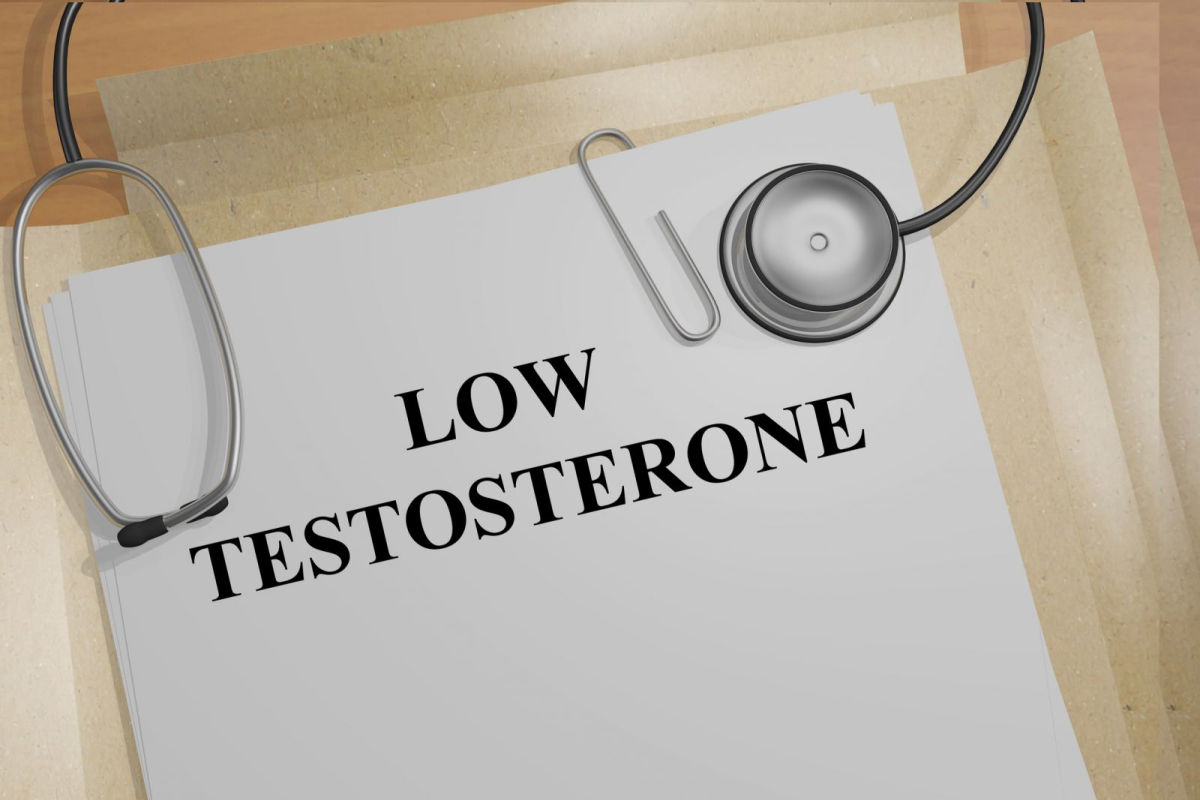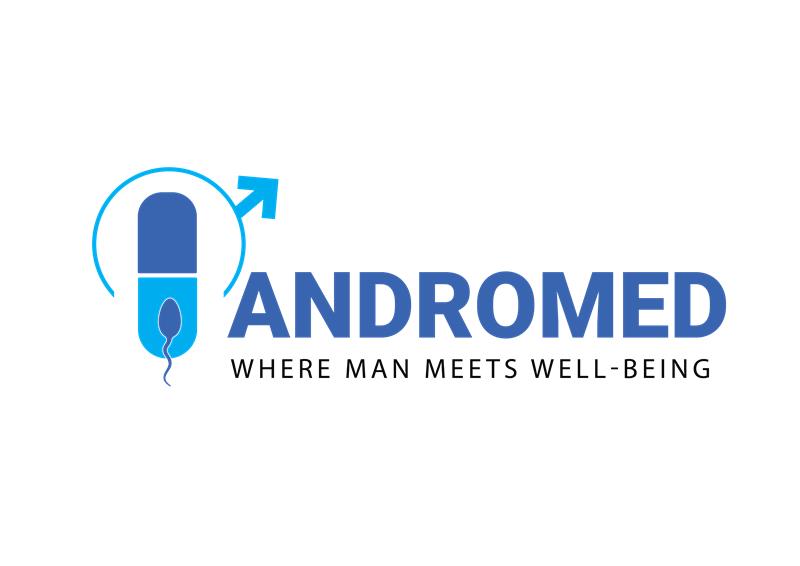BLOG

Aug 08,2024
Low Testosterone: How It Affects Your Health and What You Can Do About It
Low testosterone, or hypogonadism, is a condition that affects many men, particularly as they age. Testosterone plays a crucial role in various bodily functions, and its deficiency can lead to significant health issues. It is vital to understand the impact of low testosterone on health before discussing effective management strategies.
The Basic Understanding of Testosterone
Testosterone is a hormone primarily produced in the testes, responsible for developing male sexual characteristics, muscle mass, bone density, and regulating libido and mood. Levels naturally decline with age, but significant drops can cause various health problems.
Symptoms of Low Testosterone
1. Reduced Libido
One of the most common symptoms is a decrease in sex drive. Men with low testosterone often experience less interest in sexual activity.
2. Erectile Dysfunction
While testosterone alone doesn’t cause erections, it stimulates receptors in the brain to produce nitric oxide, essential for erection. Low levels can contribute to ED.
3. Fatigue and Reduced Energy Levels
Men with low testosterone often report extreme fatigue and a noticeable decrease in energy levels.
4. Depression and Mood Changes
Testosterone influences mood and mental capacity. Low levels are linked to irritability, depression, and a general sense of malaise.
5. Loss of Muscle Mass and Increased Body Fat
Testosterone plays a role in muscle building. Low levels can lead to reduced muscle mass and increased body fat.
6. Decreased Bone Density
Testosterone is essential for bone strength. Its deficiency can lead to a decrease in bone density, increasing the risk of fractures.
Causes of Low Testosterone
1. Ageing
Testosterone levels naturally decline with age, typically about 1% per year after the age of 30.
2. Medical Conditions
Conditions such as diabetes, obesity, and hormonal disorders can contribute to low testosterone levels.
3. Medications
Certain medications, including opioids and steroids, can affect testosterone production.
4. Injury or Infection
Trauma or infection of the testes can impact testosterone production.
5. Chronic Illnesses
Long-term health conditions like chronic liver or kidney disease can also lead to reduced testosterone levels.
Diagnosing Low Testosterone
Low testosterone is diagnosed through a combination of physical exams, patient history, and blood tests measuring testosterone levels. It’s essential to get a proper diagnosis from a healthcare provider, as symptoms can overlap with other conditions.
Treatment Options for Low Testosterone
1. Testosterone Replacement Therapy (TRT)
TRT is the most common treatment for low testosterone. It can be administered through injections, patches, gels, or pellets. TRT can significantly improve symptoms but requires regular monitoring by a healthcare provider.
2. Lifestyle Changes
Diet and exercise play crucial roles in managing low testosterone. A balanced diet rich in lean proteins, healthy fats, and whole grains, combined with regular physical activity, can help maintain healthy testosterone levels.
3. Medications
In some cases, medications that stimulate the body’s natural production of testosterone, such as clomiphene citrate or hCG (human chorionic gonadotropin), may be prescribed.
4. Stress Management
Chronic stress can affect hormone levels. Techniques such as meditation and yoga can help manage stress and potentially improve testosterone levels.
Natural Remedies and Supplements
1. Zinc and Vitamin D
Zinc and vitamin D are crucial for testosterone production. Supplements or a diet rich in these nutrients can support healthy testosterone levels.
2. Herbal Supplements
Some herbs, such as ashwagandha and fenugreek, have been shown to boost testosterone levels. However, it’s essential to consult a doctor before starting any supplements.
3. Healthy Fats
Incorporating healthy fats from sources like avocados, nuts, and olive oil can support hormone production and overall health.
Psychological Support
Low testosterone can impact mental health, leading to depression and anxiety. Therapy and counselling can provide emotional support and coping strategies.
The Importance of Sleep
Quality sleep is vital for hormone production, including testosterone. Studies have shown that sleep deprivation can significantly reduce testosterone levels. Ensuring 7-9 hours of restful sleep each night can positively impact testosterone and overall health.
Regain Testosterone and Confidence with Proper Guidance
Low testosterone can significantly impact a man’s health, affecting physical, mental, and emotional well-being. Recognising the symptoms and seeking timely diagnosis and treatment is crucial. An experienced Uro-andrologist, Dr Karthikeyan specialises in diagnosing and treating low testosterone.
He employs a comprehensive approach, integrating medical treatments with lifestyle modifications and natural remedies to tailor individualised treatment plans for his patients. With his guidance, men can effectively manage low testosterone, improving their quality of life and overall health.
Copyright © . Karthikeyan V S. All Rights Reserved.
Powered By: Cortex Media Marketing Pvt Ltd


